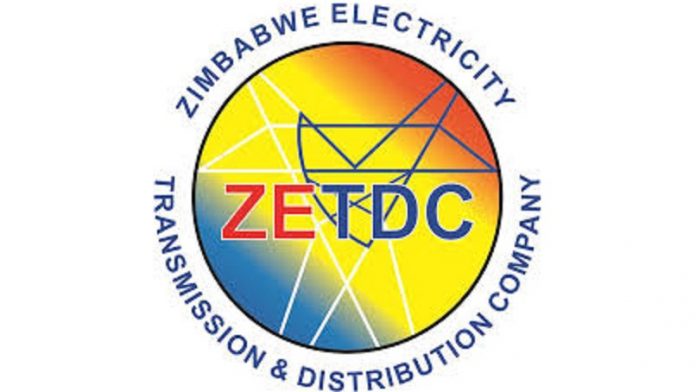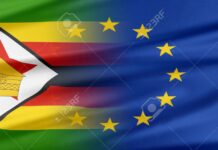Farai Mabeza
The Zimbabwe Electricity Transmission and Distribution Company (ZETDC) has increased electricity tariffs by 19.02 percent with effect from March 1, 2020.
In a statement, ZETDC acting managing director Engineer Ralph Katsande said from now on it would be reviewing the tariffs monthly.
He said the tariff increment took into account exchange rate movements and inflation.
“This is in accordance with the Tariff Award of 2 October 2019, which approved implementation of monthly tariff indexation formula, that takes into account the movement of macroeconomic fundamentals such as exchange rate and inflation, for changes above 10 percent,” Katsande said.
The rates are exclusive of the six percent Rural Electrification Levy and 15 percent VAT. لعبه الطاوله
The new rates mean the first 50 units of electricity for the month which were pegged at $20.50 would now cost $24.50 as the first 50 units have been increased from $0.41 (41 cents) per kWh to $0.49 (49 cents) per kWh.
The next 150 units which cost $136.50 have gone up to $162.00 after the price of the electricity tariffs rose from 91c per kWh to $1.08 per kWh.
The 200 units of electricity, sold at a lower cost, have gone up to $186.50 from $157 and after they have been consumed all other units would rise from $3.87 per kWh to a punitive $4.61 per kWh.
Meanwhile, in terms of Statutory Instrument 168 of 2012, electricity charges for Domestic customers are zero rated for VAT and in terms of Statutory Instrument 215 of 2005, fixed charges on Commercial and Domestic electricity are zero rated for VAT.
“Maximum Demand (MD) customers are urged to peak during off-peak periods. For a customer who attains MD during off-peak, the applicable MD is the one attained during the peak or standard period,” Katsande said.
The power company urged its customers to use power efficiently. 1xbet egypt
Zimbabwe is currently facing a devastating power shortage with both domestic and commercial users experiencing load shedding.
Kariba Dam, the country’s biggest supplier of electricity through hydro power, continues to be unreliable as water levels have receded to catastrophic levels particularly from the second half of 2019 to the present.
The coal-fired thermal power plants at Munyati, Bulawayo, Harare and Hwange are erratic and cannot meet the massive demand for capacity and are proving quite expensive to run. اسماء ورق الدومينو Zimbabwe requires about 2 000MW on a daily basis











